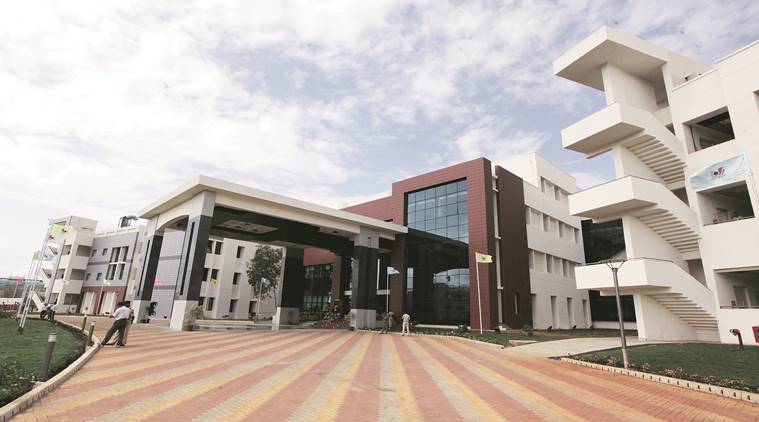Two teams from IISER to work on DST’s quantum programme, Rs 25 crore sanctioned for project
Researchers say these projects will be baby steps towards laying the foundation of the Rs 8,000-crore National Mission on Quantum Computing and Applications, announced in the Union Budget 2020-2021 last month
 In all, 51 research proposals have been approved for the Rs 300-crore Quantum Information Science and Technology programme. (Express Photo)
In all, 51 research proposals have been approved for the Rs 300-crore Quantum Information Science and Technology programme. (Express Photo)
Two teams of scientists from Indian Institute of Science, Education and Research (IISER), Pune, have bagged projects in the Quantum Mission, spearheaded by Department of Science and Technology (DST).
A sum of Rs 25 crore has been sanctioned towards this project, works for which will soon commence, said researchers at IISER.
In all, 51 research proposals have been approved for the Rs 300-crore Quantum Information Science and Technology (QuST) programme.
Over the next three years, researchers from various leading national scientific institutions will work under five broad themes. These are quantum information technology for photonic devices; with solid state, nitrogen vacancy and magnetic resonance; ion-trap and optical-lattice devices; superconducting qubit devices and quantum-dot devices and mathematical and fundamental aspects of quantum computation and quantum information.
These projects, researchers say, will be baby steps towards laying the foundation of the Rs 8,000-crore National Mission on Quantum Computing and Applications, which was announced in the Union Budget 2020-2021 last month.
The team led by senior physicist Umakant Rapol will work on the theme ion-trap and optical-lattice devices. Fellow IISER scientist T S Mahesh’s group will focus on quantum technology for nitrogen vacancy and magnetic resonance.
Researchers have been chosen from select IITs and IISERs, Indian Institute of Sciences, Physical Research Laboratory, BITS-Pilani, Inter University Centre for Astronomy and Astrophysics and more.
On his project, Rapol said, “Our task is developing a hybrid atomic and photonic system, where distributed quantum information processing will be applied. Using this system, it will be possible to transfer quantum information from one location to another, without losing on the quantum-ness of the information. It is a challenge as this is the basic building block of any quantum computing.”
“We are additionally building some common facilities, which will be open for utilisation by other researchers at the institute,” he added.
Researchers say numerous sub-projects have been identified and clubbed under each theme, so as to prevent overlapping of research.






